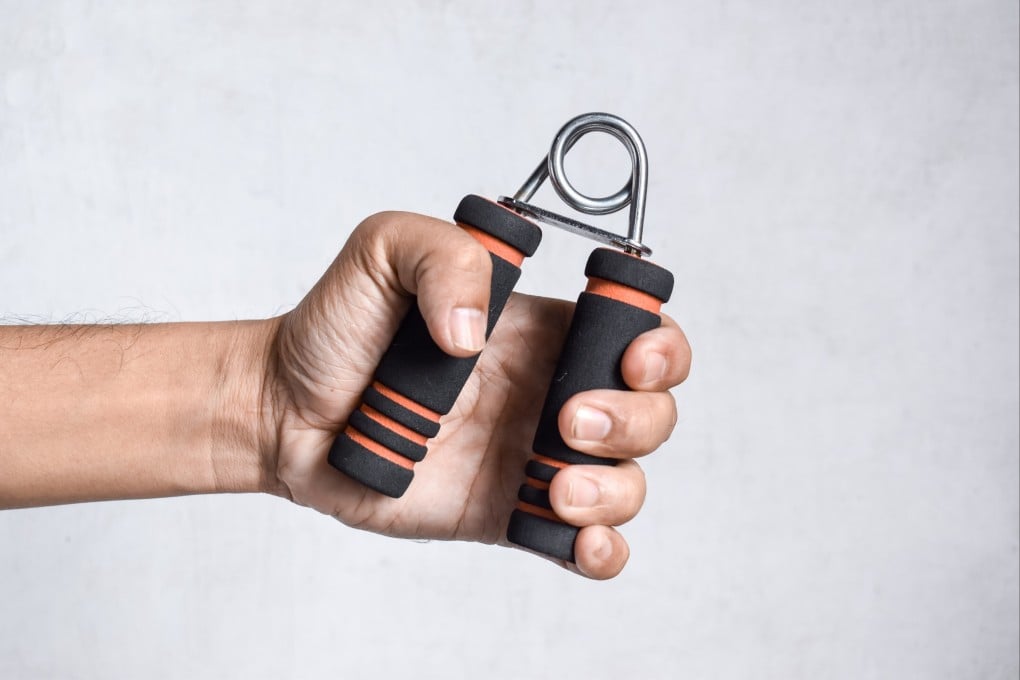Why grip strength is a key health indicator – it’s a measure of overall strength and a marker for your risk of depression and death from heart attack or stroke
- Why does a strong grip matter? It means you will age at a slower rate and it’s an indication of overall strength
- Conversely, a weak grip correlates with a higher risk of dying from a heart attack or stroke and having depression. A doctor offers four ways to boost your grip

But a new study adds to the existing available research that doctors should also be assessing their patient’s grip strength.
Read on to learn more about this important but lesser-known indicator of your overall health.
What is grip strength?

At the biomechanical level, grip strength is generated by the forearm muscles. It measures how firmly and with how much stability you can grip heavy items.
We rely on our grip strength, from carrying groceries to opening a jar or lifting a heavy pan off the stove.
Grip strength is also an excellent measure of a person’s overall muscular strength. It is measured with a hand dynamometer – a device which measures the force used to squeeze two handles together.
Researchers found that the grip strength older adults needed to manage heavy tasks were at least 18.5kg for women and 28.5kg for men.
